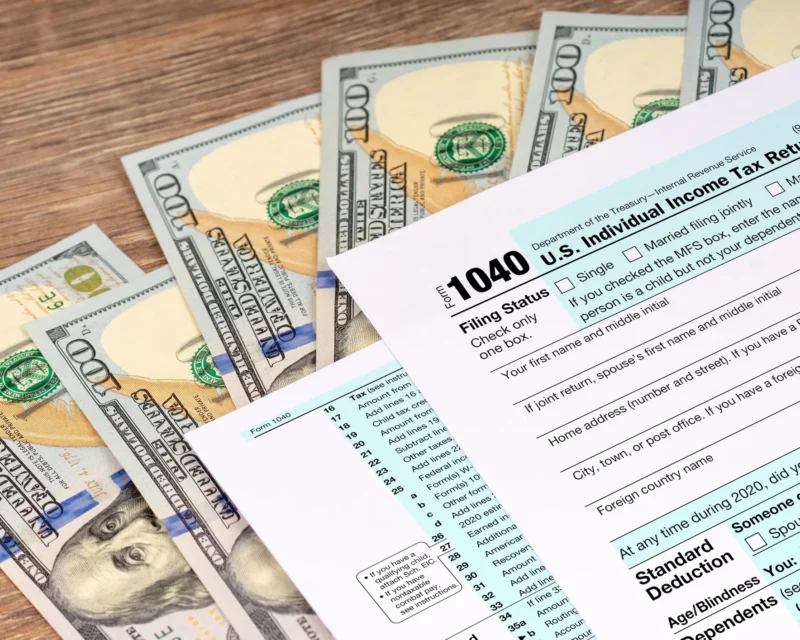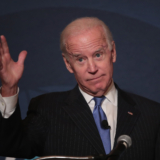IRS to Crackdown on Tax Loophole Exploited by Many
In a significant move to level the fiscal playing field, the IRS and Treasury Department have announced a plan to shut down a major tax loophole predominantly exploited by wealthy Americans. This initiative, unveiled on Monday, aims to dismantle the intricate web of tax shelters that enable the ultra-rich to significantly reduce their tax liabilities, a scheme known as “partnership basis shifting.”
At the heart of this tax evasion strategy is the manipulation of legal entities. Wealthy individuals and businesses use numerous partnerships to create a complex structure that allows for more deductions than would otherwise be permissible. By shifting the basis of these partnerships, taxpayers can artificially inflate their deductions, thereby slashing their taxable income. The Treasury Department has pointed out that this maneuver not only skews the tax system in favor of the rich but also deprives the government of essential revenue.
IRS Commissioner Danny Werfel emphasized that these tax shelters facilitate an unfair advantage for the wealthy, enabling them to skirt their fair share of taxes. The new plan, if successfully implemented, is expected to close these loopholes and generate an estimated $50 billion in additional revenue over the next decade. This influx of funds could be pivotal in addressing budgetary shortfalls and funding public services that benefit all Americans.
This crackdown is part of a broader initiative by the Biden administration to address income inequality and ensure that the tax system is more equitable. The administration’s focus on tax reform underscores a commitment to making sure that every taxpayer, regardless of their income level, contributes fairly to the nation’s coffers.
However, this move is not without its critics. Some argue that the IRS’s focus on closing loopholes could stifle economic growth and innovation by placing additional burdens on businesses. They contend that a more straightforward tax code, rather than increased regulation and enforcement, would be a more effective way to ensure compliance and fairness.
Yet, for many, the crackdown on partnership basis shifting represents a necessary step towards greater fiscal responsibility and equity. The wealthy have long been able to navigate the intricacies of the tax code to their advantage, leaving middle and lower-income taxpayers to shoulder a disproportionate share of the tax burden. By targeting these sophisticated tax avoidance strategies, the IRS aims to restore balance and fairness to the tax system.
As this plan moves forward, it will be crucial to monitor its implementation and effectiveness. Will it close the gap in tax compliance and bring in the projected revenue? Or will the wealthy find new ways to circumvent the rules? One thing is clear: the IRS is taking a definitive stance against tax shelters, signaling a new era of tax enforcement and equity.





